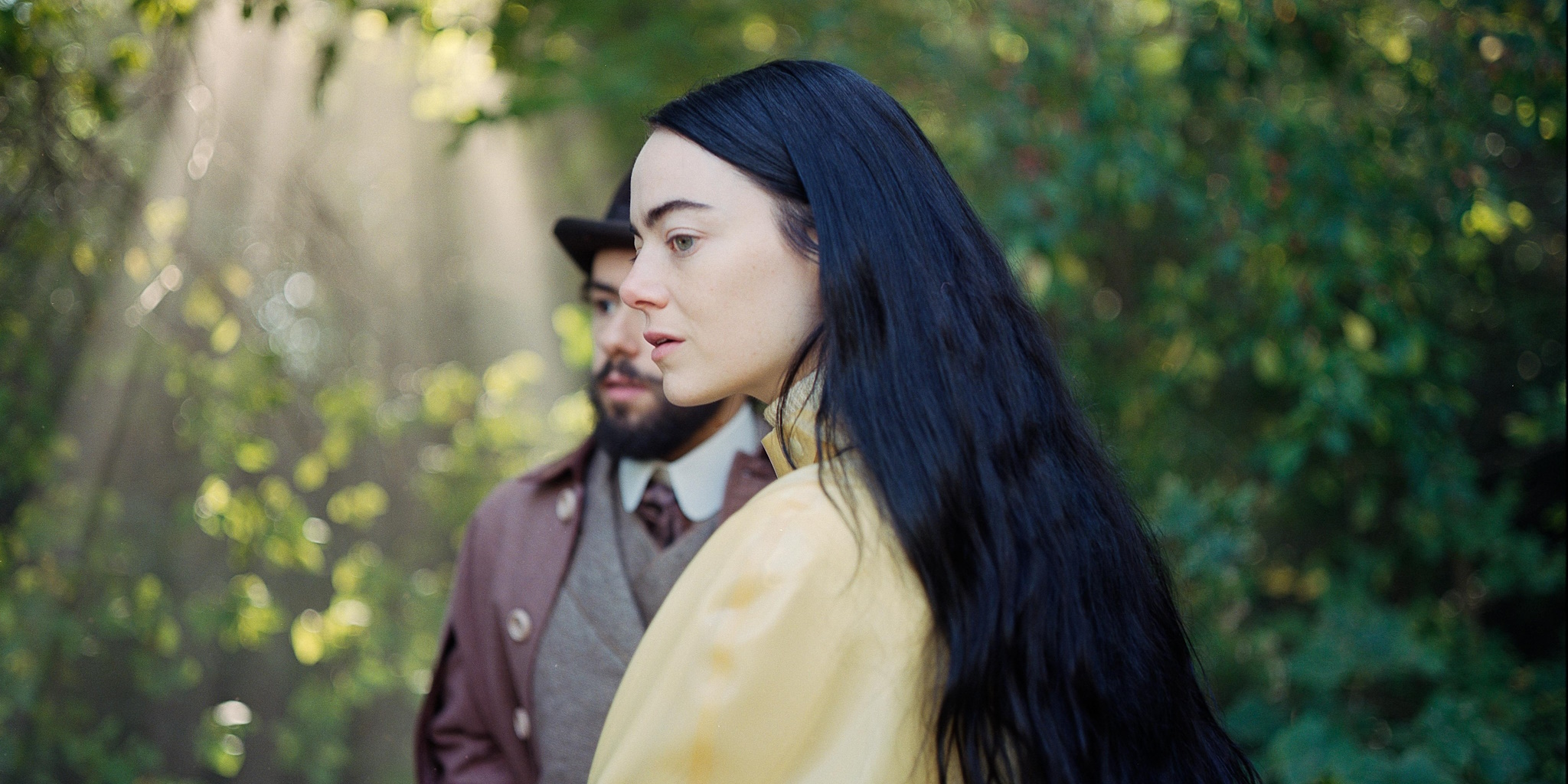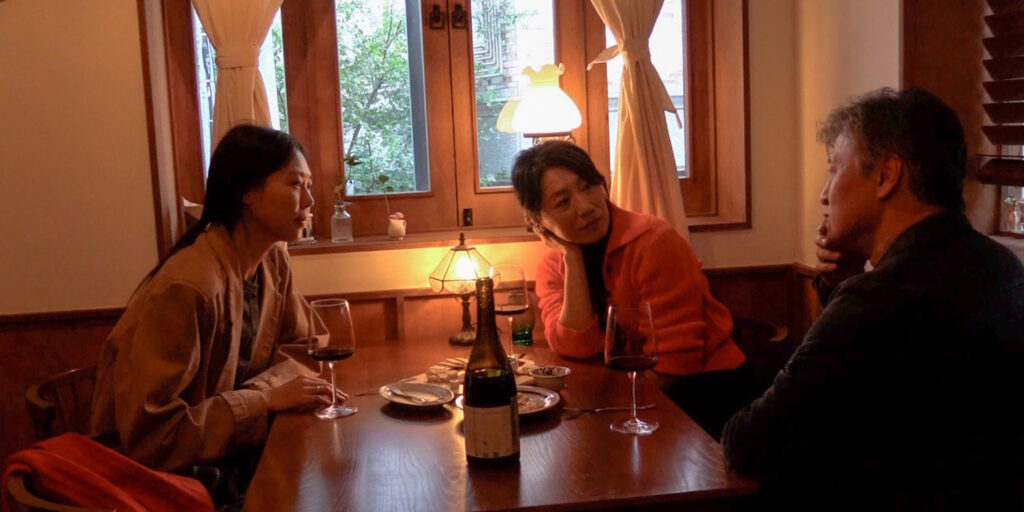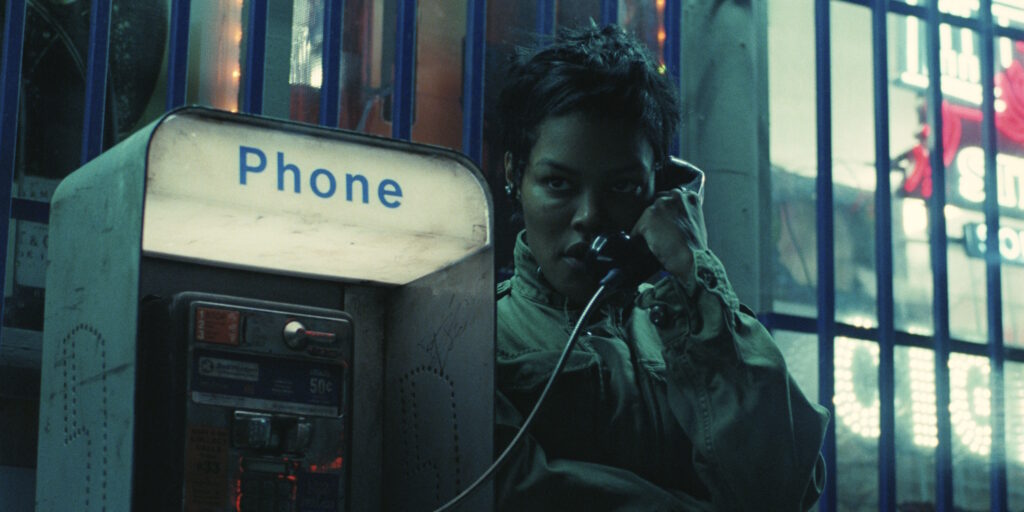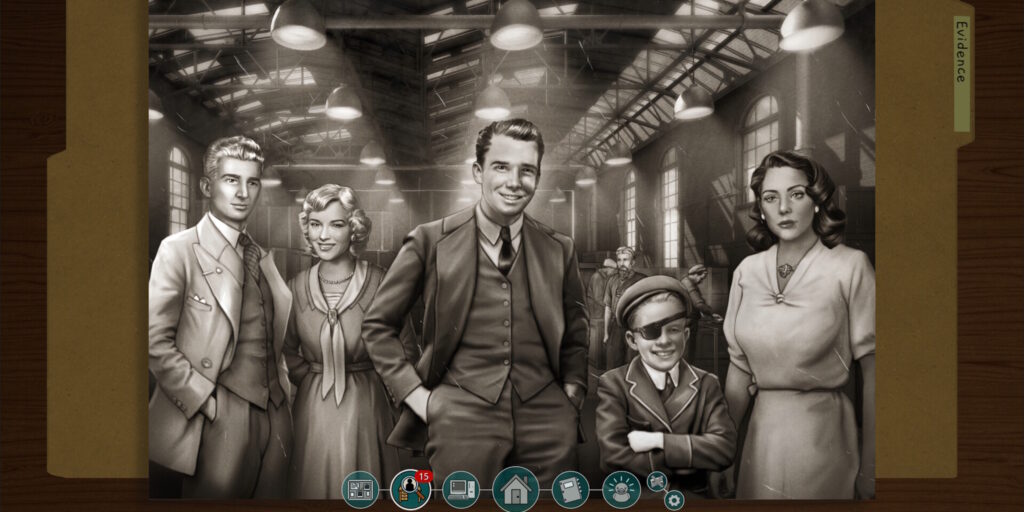Emma Stone is no stranger to the role of the muse. Throughout her 15-plus years on the silver screen, she’s played the leading lady for a large assemblage of filmmakers. The list of names ranges from regrettable to respectable, encompassing everyone from Woody Allen to Ruben Fleischer to her latest collaborator: one Yorgos Lanthimos. Starting with The Favourite (2018), continuing with the director’s latest effort, Poor Things, and carrying on with a 30-minute short film and a to-be-released third feature, the two have very clearly found a great rhythm together. Unfortunately, it’s not the easiest melody for audiences to harmonize with.
Poor Things casts Stone as Bella Baxter, a Frankenstein’s Monster brought to life by mad scientist Dr. Godwin (Willem Dafoe) — “God,” if one will. Possessing the body of a grown woman but the brain of a baby, Bella is kept under close watch by Godwin as she learns the ways of humanity, carefully growing her intellect to match her physical form. He keeps her in a Burton-esque madhouse that recalls Dr. Finkelstein’s lab from The Nightmare Before Christmas (1993) and Edward Scissorhands’ castle on the hill, among other iterations of Mary Shelley’s tale of the Modern Prometheus. (The Gothic Frankenstein-ian narratives have long been such a pet theme across Burton’s oeuvre that the visual allusions here are inescapably overt.)
After years of limiting her exposure to the outside world and attempting to suppress her curiosity about the goings-on beyond their walls, Godwin can no longer ignore the fact that Bella’s mind is advancing at an accelerating pace. In his advanced age and dwindling form, he brings in a promising young doctor, Max McCandles (Ramy Youssef), for some additional help. Confused and concerned by Godwin’s experiments, McCandles soon proposes to Bella in hopes of rescuing her from the suppressed life she leads under the watchful eye of father God. However, it’s the newly engaged couple’s lawyer, Duncan Wedderburn (Mark Ruffalo), who ultimately pounces on the chance to steal Bella away.
What follows is a darkly amusing, globe-spanning, fish-eye-lensed romp through Bella’s broadening horizons as she unlocks a deeper understanding of her inner and outer selves. Sometimes, this is accomplished over fancy dinners with members of high society. Other times, it’s engaging with differing sociopolitical perspectives. Occasionally, it’s during sex. Actually, a lot of the time it’s during sex. In this way, Poor Things puts its Franken-Stone premise on the back burner in favor of a sex-positive coming-of-age comedy. Call it a welcome return to form for the actress who initially garnered attention in films such as Superbad (2007), The House Bunny (2008), and Easy A (2010).
Stone’s comedic chops are not a new discovery. The same goes for Dafoe and Ruffalo, who have done their fair share of funny over the years. (To make no mention of Youssef, who is first and foremost a stand-up comic.) All four show no signs of trouble fitting right in with Lanthimos’s dark, dry sense of humor here. Poor Things is one of the director’s most overtly farcical works to date — no simple feat with movies like The Lobster (2015) under one’s belt — and the entire cast is obviously having a blast with the material.
Given that the film is rounded out with a roster of winking supporting players, including versatile performers Kathryn Hunter and Margaret Qualley and comedians Vicki Pepperdine and Jerrod Carmichael, there’s no question that in the hands of Lanthimos, screenwriter Tony McNamara’s adaptation of Alasdair Gray’s novel has received the most unconventionally gonzo treatment imaginable. That’s why it’s a shame that it feels so … off. (And not in the way it was so evidently intended to be.)
All the parts are here. A dedicated cast, wacky production design, a discordant soundtrack, crazy camerawork, and gags galore. Alas, it doesn’t fully add up. It’s so strange to lob a word like “autopilot” at something this stylized, but it does seem that Lanthimos is doing what’s most comfortable for him instead of what would be best suited for the material at hand. For a work imbued with such importance on arrival for its purportedly revolutionary ideas about society and gender, the aesthetic gets far more time to shine than the subject matter.
As taught in Judd Apatow Studies courses nationwide, a comedy of more than two hours might as well be twice that. At closer to two-and-a-half, Poor Things gives you more than enough time to count up your qualms. Between this and The Favourite, it’s the latter that strikes a more effective balance of visual whimsy and dramatic weight. With this career-long passion project now out of his system — Lanthimos has been after it since 2009, and he’s been actively discussing it with Stone since 2017 — the hope is that he looks ahead to new territory rather than pigeonholing himself with projects such as this.
Poor Things opens in select local theaters on Friday, Dec. 22.





One Response
you didn’t mention Killing of A Sacred Deer, which is probably your cynical closet fav. weird takes all around on this one. cheers!